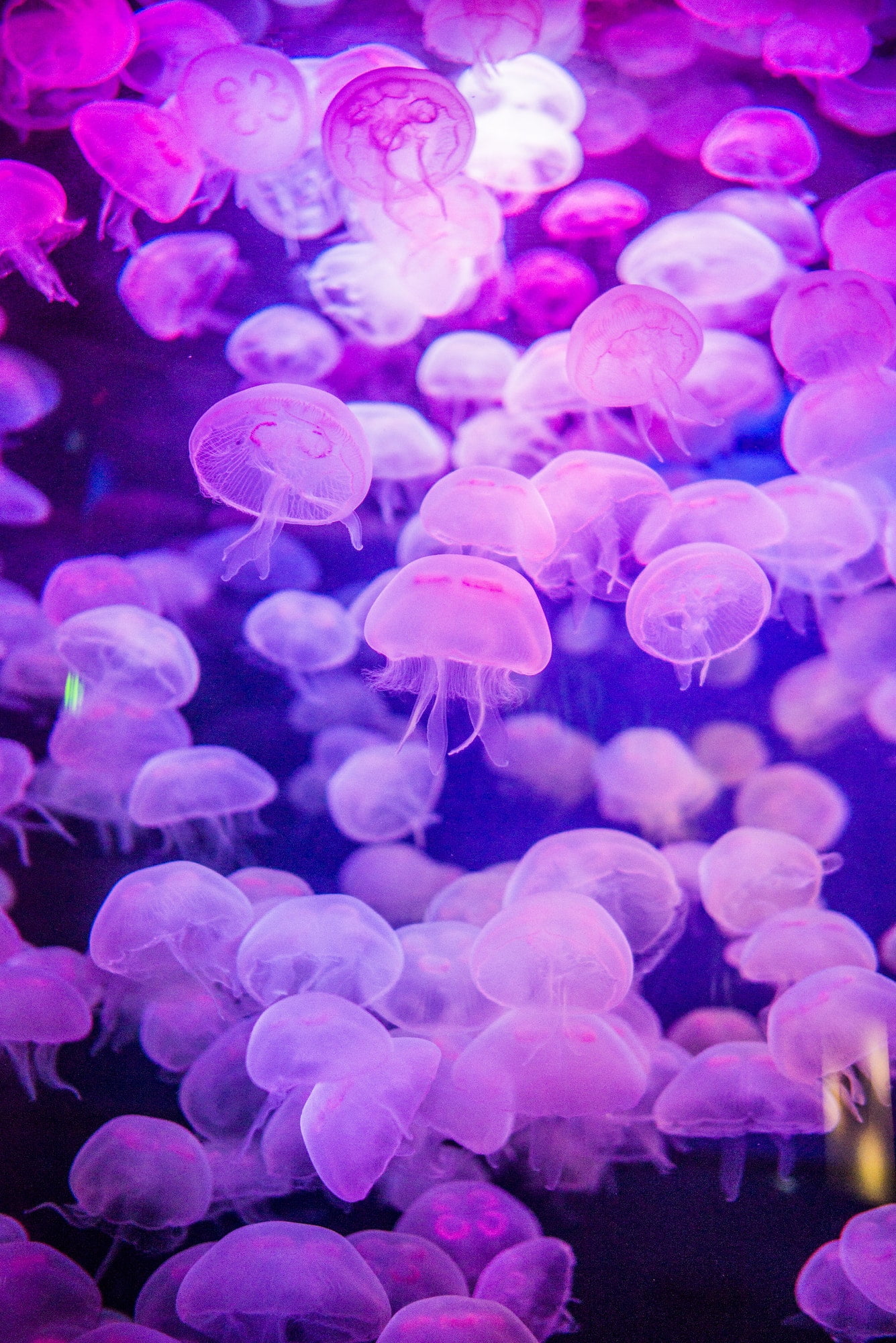Ecosystem
Our RRI within the MPM empowers independent members to identify, report, and co-develop solutions for complex, high-impact risk scenarios across sectors. Challenges are directly aligned with SDGs, which serve as a lifelong learning (LLL) framework within our Work-Integrated Learning Pathways (WILPs). Through active participation in NWGs and forming Competence Cells (CCells), members support QH issues by leveraging NE. Members advance from insight to action by engaging in structured stewardship programs, ecopreneurship accelerators, and high-impact hackathons. These initiatives build capacity to operationalize the Nexus Ecosystem (NE) within local, regional, and global contexts—ensuring scalable resilience, data-driven innovation, and inclusive development pathways
Empowering Public Goods for Systems Innovation
To refresh our ideas of ownership and governance, we are designing and experimenting with new and remembered ways of working together, sharing resources, group decision making. We learn how to steward commons, resources, and people's power for sustainable development and resilience building
Mobilizing Innovation Commons
Enabling Responsible Research
Designing Transformative Process
Integration Sustainable Solutions
Accelerating Systems Innovation



Future Innovation Labs
Reducing Global Per Capita Food Waste
Reducing per capita global food waste at the retail and consumer levels and reduce food losses along production and supply chains, including post-harvest losses.
10 Steps
- Complete Onboarding Process
- Join Responsible Consumption and Production
- Complete the course Ecopreneurship
- Complete the course Environmental Risks
- Complete the course Public Risks
- Join Seminars
- Unlock SDGs
- Publish a proposal on Reducing Global Per Capita Food Waste
- Join Hackathons
- Get nominated for CoI Level I
Universal Access To Safe And Nutritious Food
end hunger and ensure access by all people, in particular the poor and people in vulnerable situations, including infants, to safe, nutritious and sufficient food all year round.
5 Steps
- Complete Onboarding Process
- Join Zero Hunger Group
- Join Seminars
- Join Hackathons
- Get nominated for CoI Level I
Supporting Local Engagement In Water And Sanitation Management
10 Steps
- Complete Onboarding Process
- Join Clean Water and Sanitation
- Complete the course Ecopreneurship
- Complete the course Environmental Risks
- Complete the course Public Risks
- Join Seminars
- Unlock SDGs
- Publish a proposal on Supporting Local Engagement In Water And Sanitation Management
- Join Hackathons
- Get nominated for CoI Level I
Increasing Scientific Knowledge, Research And Technology For Ocean Health
Increasing scientific knowledge, developing research capacity and transferring marine technology, taking into account the Intergovernmental Oceanographic Commission Criteria and Guidelines on the Transfer of Marine Technology, in order to improve ocean health and to enhance the contribution of marine biodiversity to the development of developing countries, in particular small island developing States and least developed countries.
8 Steps
- Complete Onboarding Process
- Join Life Below Water
- Complete the course Ecopreneurship
- Complete the course Environmental Risks
- Complete the course Technology Risks
- Join Seminars
- Join Hackathons
- Get nominated for CoI Level I
Reducing Road Injuries And Deaths
Reducing the number of deaths and injuries from road traffic accidents.
9 Steps
- Complete Onboarding Process
- Join Good Health and Well-being
- Enroll the course Entrepreneurial Skills
- Complete lessons of the course Public Risks
- Join Seminars
- Publish a new proposal on Reducing Road Injuries And Deaths
- Join Hackathons
- Nominate someone for CoI Level I
- Apply to job of “Stewardship” type
